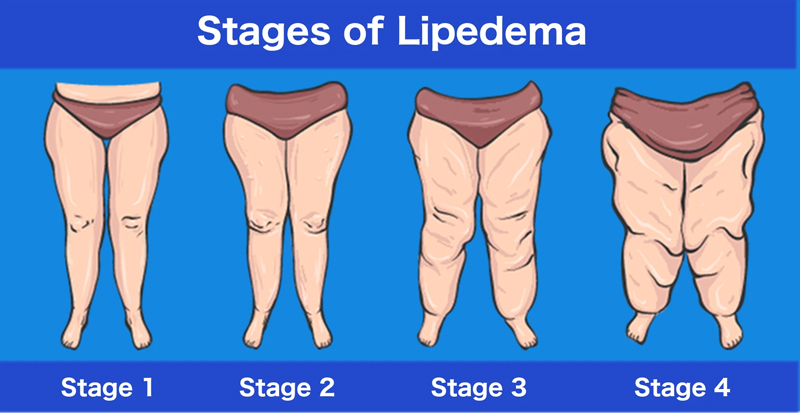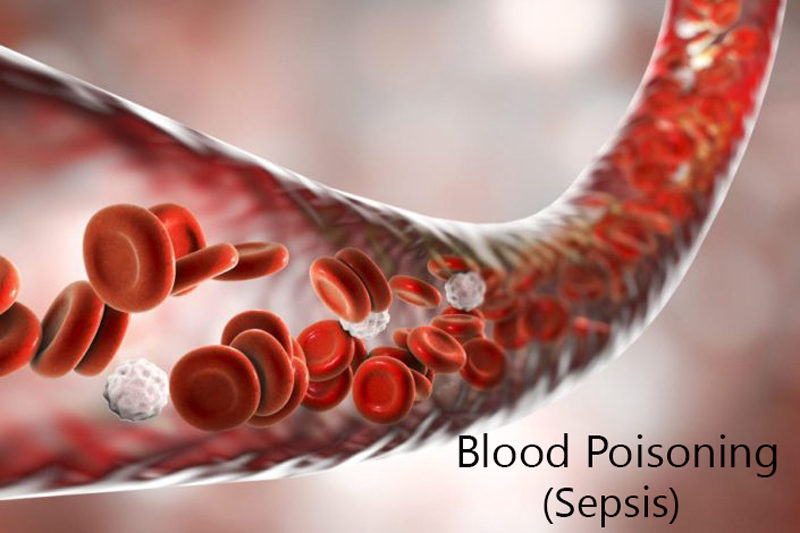Challenges of Caring for Someone with C3 Glomerulopathy
July 29, 2023 #DiabetesUnderstanding C3 Glomerulopathy
C3 glomerulopathy is a rare kidney disease that affects the glomeruli, which are the tiny blood vessels in the kidneys. This condition has a significant impact on an individual's health and quality of life.
Key Points:
- C3 glomerulopathy primarily affects the glomeruli, which play a crucial role in filtering waste and excess fluid from the blood.
- Common symptoms include proteinuria (excessive protein in the urine) and hematuria (blood in the urine).
- Decreased kidney function is also observed in individuals with C3 glomerulopathy, leading to complications.
- Proper medical care, regular monitoring of kidney function, and adherence to prescribed medications are essential for managing symptoms effectively.

Managing Symptoms and Treatment
Caring for a loved one with C3 glomerulopathy involves focusing on symptom management and treatment. This includes monitoring proteinuria and hematuria levels, making dietary adjustments, and administering prescribed medications to control inflammation.
Proteinuria can be monitored through regular urine tests, and dietary adjustments, such as reducing protein intake, may be recommended. Hematuria should also be monitored, with any changes reported to the healthcare team.
Medications, such as corticosteroids and immunosuppressants, play a crucial role in managing C3 glomerulopathy by controlling inflammation and abnormal immune system activation.
In severe cases, dialysis or kidney transplant may be necessary. Dialysis helps remove waste and excess fluid from the blood when the kidneys can no longer function effectively. A kidney transplant involves replacing a damaged kidney with a healthy one from a compatible donor.
Caregivers should closely work with the healthcare team, ensuring adherence to treatment plans and regular monitoring. Additionally, providing emotional support to individuals with C3 glomerulopathy is important for their overall well-being.
Coordinating Medical Appointments
Caregivers play a vital role in coordinating medical appointments for individuals with C3 glomerulopathy, including visits to healthcare providers, lab tests, and imaging studies.
They should keep track of medications, ensure they are taken correctly, and communicate with healthcare providers when needed.
Prioritizing regular check-ups with nephrologists and coordinating appointments with other specialists, such as urologists and nutritionists, is important.
Additional tests and imaging studies, like urine tests and biopsies, may be necessary, and caregivers can provide support and accompany their loved ones to these appointments.
Coordinating medical appointments can be challenging, but staying organized, communicating effectively, and offering reassurance can help caregivers manage this aspect of C3 glomerulopathy care.
Providing Emotional Support
Caring for a loved one with C3 glomerulopathy can be emotionally challenging, requiring caregivers to provide emotional support for both the patient and themselves.
Key Points:
- Listening to the concerns and fears of the patient is essential, providing a space for them to express their emotions.
- Reassurance helps alleviate anxiety and stress. Letting your loved one know they are not alone and that you are there to support them is important.
- Joining support groups and seeking therapy can be beneficial for both the patient and the caregiver.
Emotional support is crucial to reduce feelings of isolation, anxiety, and depression associated with C3 glomerulopathy. Actively listening to your loved one's concerns and providing empathy and understanding can make them feel heard and supported.
Reassuring your loved one that they aren't alone and connecting them with healthcare teams and support networks can help ease their journey. Support groups and therapy provide additional opportunities to share experiences, gain insights, and develop coping strategies.
Remember, caregivers must also prioritize their own emotional needs by seeking support and taking care of themselves.
Taking Care of Yourself
Caring for a loved one with C3 glomerulopathy can be physically and emotionally demanding. It is essential for caregivers to prioritize self-care.
Key Points:
- Getting enough rest is crucial. Maintain a consistent sleep schedule and take breaks when needed to avoid fatigue.
- Eating a balanced diet with nutritious foods helps maintain energy levels and overall health.
- Engaging in activities that bring joy and relaxation promotes personal well-being. Make time for hobbies and exercise.
- Seek support from family, friends, or support groups to alleviate the emotional burden of caregiving.
Caregivers need to ensure they get enough rest to prevent physical and mental exhaustion. Eating a balanced diet and participating in activities that promote personal well-being are important for overall health.
Seeking support from others who understand the challenges of caregiving and engaging with support groups can provide a sense of understanding and validation. Remember, taking care of yourself is necessary to provide quality care to your loved one.













COMMENTS